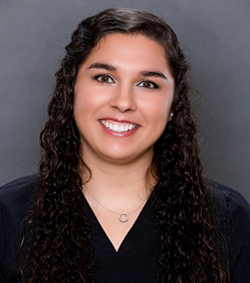
Medication Administration Best Practices - Online Inservice
The practice of administering medication involves providing the patient with a substance prescribed and intended for the diagnosis, treatment, or prevention of a medical illness or condition. The act of medication administration involves the actual and complete conveyance of the substance to the patient. There is a wide set of practices necessary to achieve safe and effective outcomes of medication administration. Knowledge of the best practices of drug administration techniques is of utmost importance to ensure the safe delivery of the medication to the patient.
Questions? Check out our FAQs page and How Online IV Certification Works!
Objectives
Upon completion of this course, the participant should be able to:
- State the 10 rights of medication administration.
- List the different types of topical medications.
- State which medications cannot be crushed.
- Describe how to take an apical pulse.
- Distinguish between the different types of oral medications.
- List the sequence of inhaler administration when administering multiple inhaled medications.
- List the appropriate IM injection sites.
Curriculum
Chapter 1: Introduction
Chapter 2: Medication Administration Best Practices
Chapter 3: Oral
- Oral, Sublingual, Buccal
- Enteral
- Inhalation
- Nasal
Chapter 4: Topical
- Topical
- Transdermal
- Rectal Suppositories, Enemas
- Vaginal Medications
Chapter 5: Injection
- Subcutaneous
- Insulin
- Intradermal
- Intramuscular
- Z-Track Method
Chapter 6: Ophthalmic and Otic
- Eyedrops, Ointment
- Eardrops
Chapter 7: References
Price: $20.00
Contact Hours: 2

Course Author

Kendall Moore
Kendall is a 2022 Magna Cum Laude graduate from Tyler Junior College with an Associate Degree in Nursing. She has a deep passion for nutrition and hormone health, is a member of the American Holistic Nurses Association, and is currently enrolled in Pacific College's RN-to-BSN in Holistic Nursing program. Upon graduation, Kendall intends to begin a Nutritional Therapy Practitioner program to further expand her expertise.
In addition to her academic and professional pursuits, Kendall serves as the Chief Operating Officer of Pedagogy, where she manages the day-to-day operations of the company while simultaneously attending school and authoring educational courses. Her unique blend of leadership, clinical knowledge, and dedication to holistic health reflects her commitment to advancing both patient care and healthcare education.
Read Full BioCourse Accreditation
Provider approved by the Florida, New Hampshire, and Wyoming Board of Nursing-Certified Nursing Assistants, and the New Mexico Board of Nursing-Certified Medication Aide and Certified Medication Aide II. CE Broker Provider #: 50-13256.